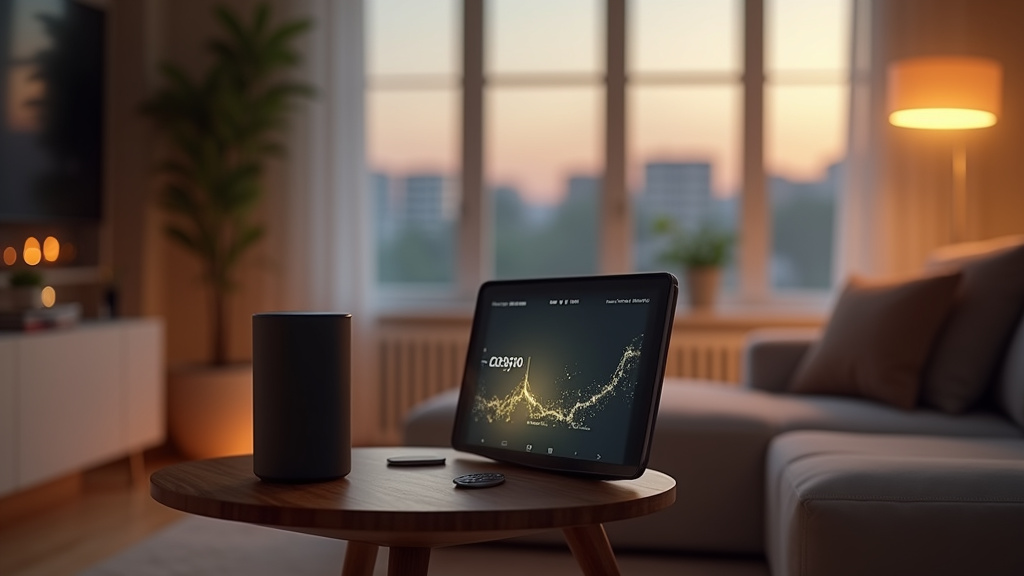CHICAGO – At Sustainability LIVE Chicago 2025, held on July 2, 2025, prominent voices in corporate sustainability converged to address the urgent need to integrate environmental responsibility into the very fabric of business operations. The event served as a crucial platform for leaders to share strategies for tackling pressing global challenges, from excess inventory to industrial emissions.
Pioneering Circularity in Global Supply Chains
A central theme was the practical implementation of circular economy principles. Stephanie Benedetto, the visionary CEO at Aloqia, presented a compelling case study demonstrating how technology can redefine material use. Benedetto detailed Aloqia’s collaboration with global fashion giant SHEIN, focusing on embedding Aloqia’s software directly into SHEIN’s existing operating system.
This integration yielded significant, measurable results: a 40% increase in rescued excess materials. Benedetto highlighted this not just as an operational success but as a shift in paradigm, characterizing it as redefining circularity as an embedded process rather than an add-on or afterthought. Her presentation underscored the immense scale of the problem Aloqia’s solution addresses, pointing to the staggering figure of “US$1.77tn worth of excess inventory in global supply chains.” This vast pool of underutilised resources represents a massive opportunity for businesses to reduce waste, cut costs, and mitigate environmental impact through smarter, embedded circular models.
Data, Technology, and Cultural Transformation for Climate Action
Adding another critical perspective, Eryn Devola, Head of Sustainability at Siemens, shed light on the challenges and opportunities in driving climate action within heavy industry. Devola emphasised that technological solutions alone are insufficient; effective progress requires a fundamental cultural transformation within organizations. This transformation, she argued, must be driven by data transparency and fostered through robust collaboration across internal departments and external partners.
Devola illustrated Siemens’ approach by detailing their use of advanced digital tools. She specifically cited the application of digital twin technology, which creates virtual replicas of physical assets or systems, and life cycle assessment (LCA) modelling. These technologies enable Siemens to gain granular insights into the environmental footprint of their products and operations throughout their entire lifespan, from raw material extraction to end-of-life. By leveraging these data-driven approaches, Siemens aims to optimise efficiency, reduce emissions, and accelerate the transition to a more sustainable industrial landscape.
Amplifying Women’s Leadership in Sustainability
The discussions at Sustainability LIVE Chicago 2025 also prominently featured the indispensable role of women in leading the charge toward a sustainable future. The event included dedicated panels focusing on women in sustainability, providing a platform for female leaders to share their experiences, challenges, and successes. The presence and impactful contributions of speakers like Benedetto and Devola themselves served as powerful examples of the critical leadership women are providing in navigating complex environmental and business challenges.
Their insights reinforced the notion that diverse perspectives are vital for innovation and effective strategy development in the sustainability sphere. The focus on women leaders at the event underscored a broader recognition of the need to champion and elevate female voices in a field traditionally dominated by technical and industrial roles.
A Call for Integrated Action
Sustainability LIVE Chicago 2025 made clear that the path forward for corporate sustainability lies in deep integration, technological innovation, data-driven decision-making, and inclusive leadership. The presentations by Stephanie Benedetto and Eryn Devola, alongside the focus on women in sustainability, painted a picture of a future where environmental responsibility is not a separate initiative but an intrinsic part of business strategy and culture. As global supply chains grapple with excess and industries strive to decarbonise, the solutions presented in Chicago – from embedded circularity to data-driven climate action – offer a roadmap for achieving both profitability and planetary health. The event underscored the momentum building within the corporate world to move beyond commitments to concrete, measurable, and transformative action.















